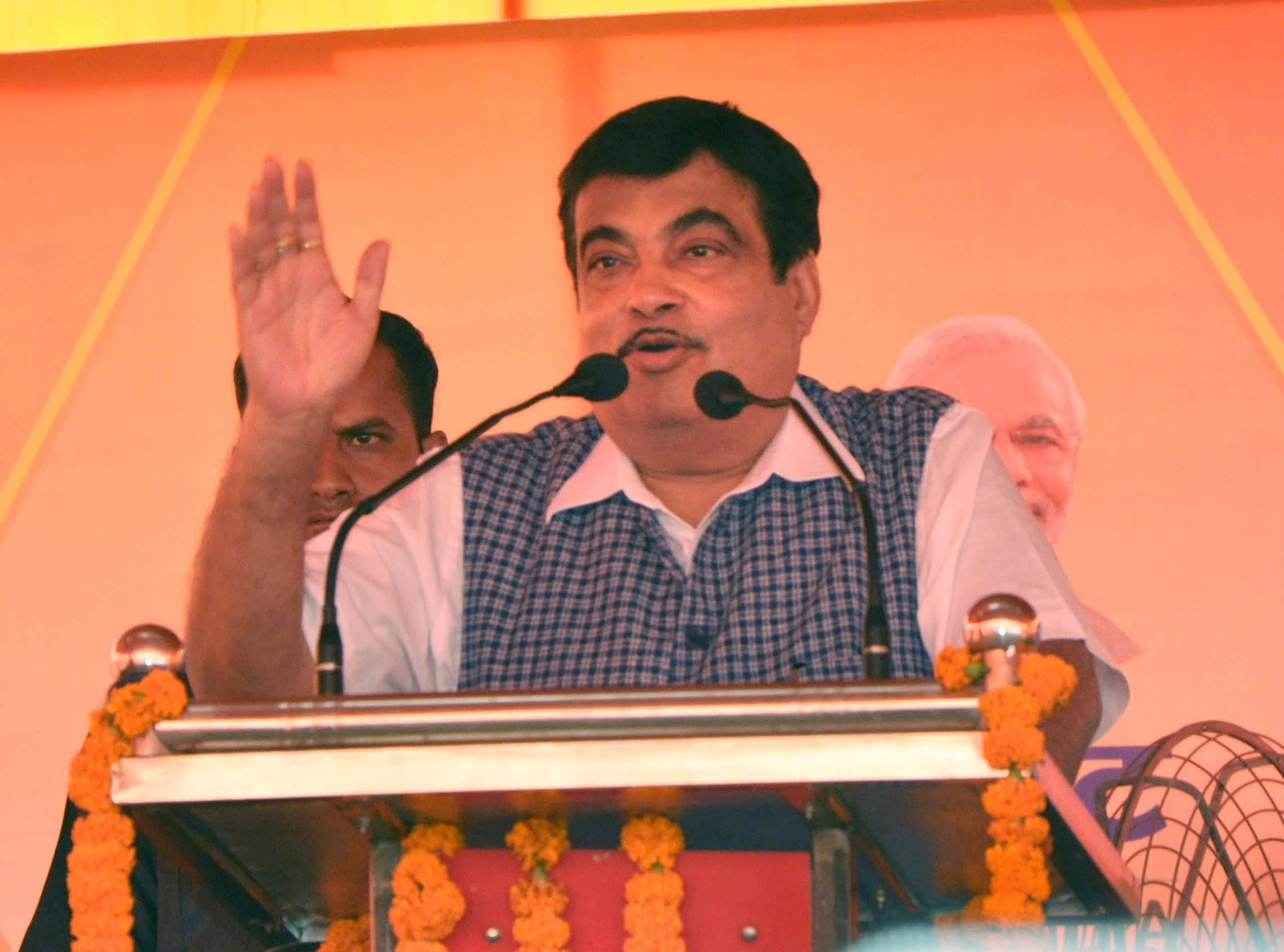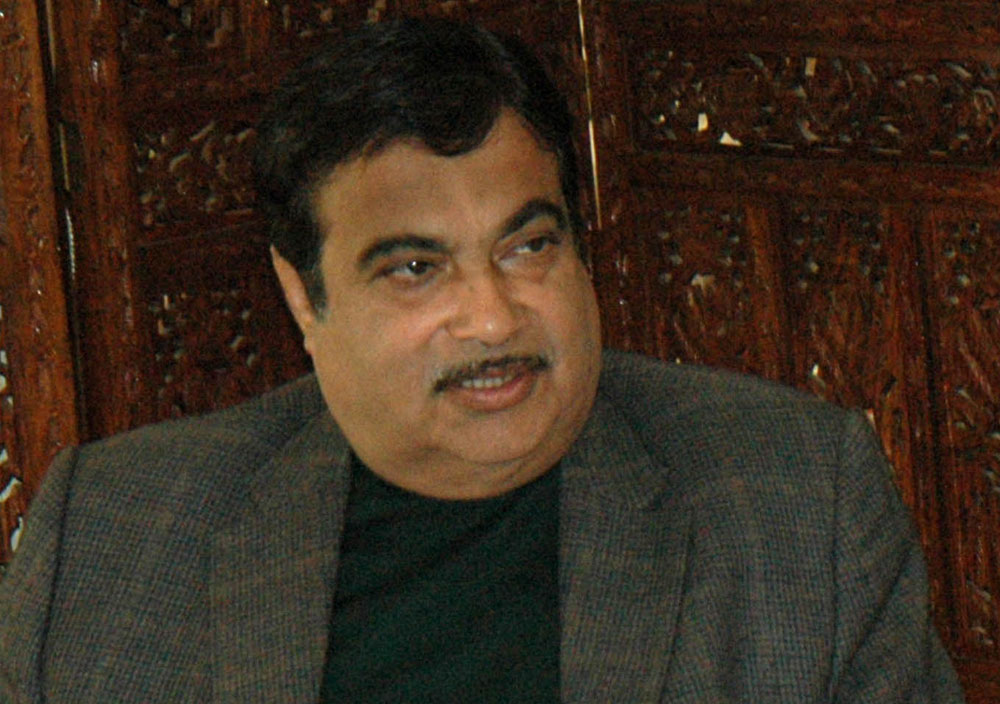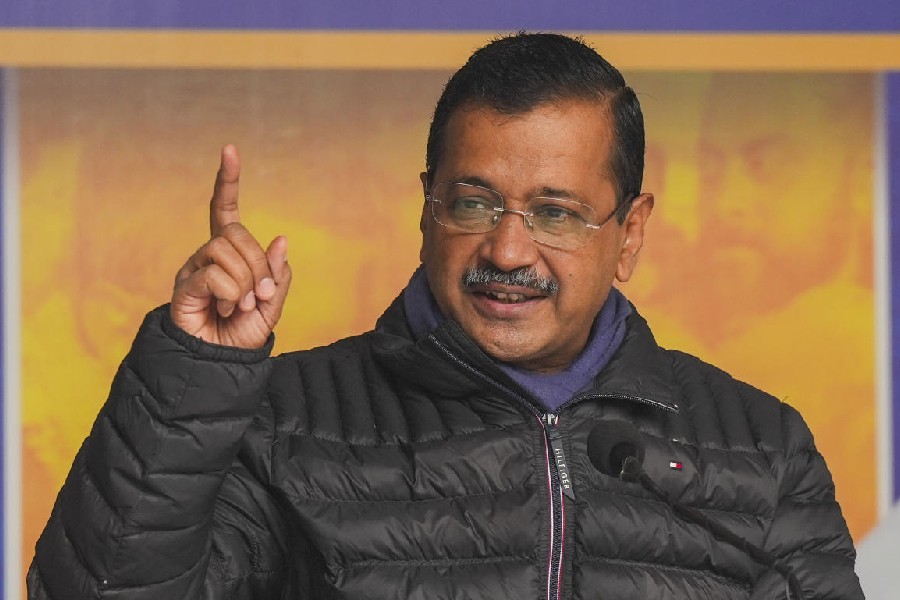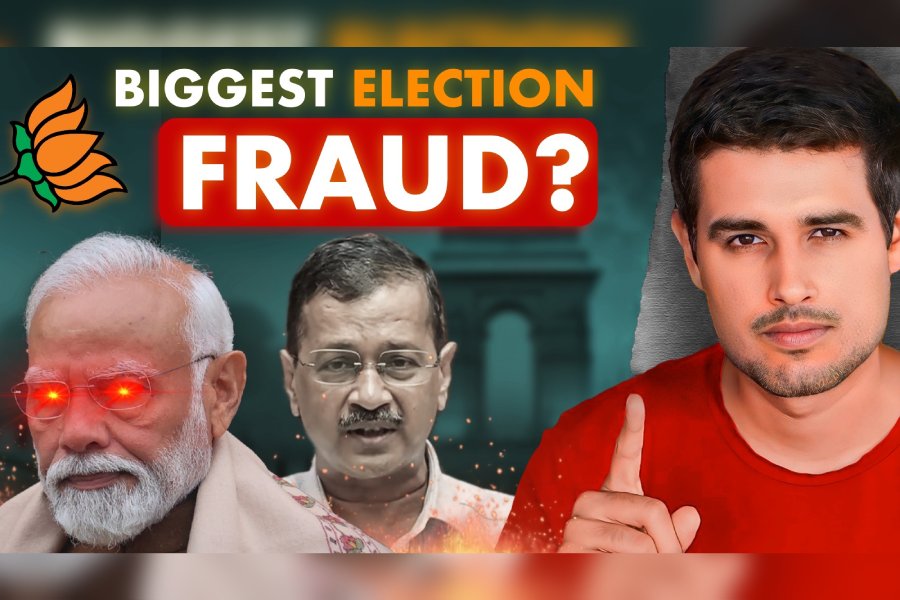Indian politicians are known to be garrulous. But there are occasions — their rarity notwithstanding — when the judicious views expressed by a politician merit attention, even a word of praise. Speaking at a function after the Bharatiya Janata Party lost a spate of assembly elections, the Union minister, Nitin Gadkari, reiterated the old maxim of success having many fathers while failure has none. Presumably, Mr Gadkari was making a point about the reluctance of the BJP’s top leadership — comprising, effectively, Narendra Modi and Amit Shah — to take responsibility for these electoral reversals. Mr Modi has, characteristically, not spoken a word on the debacle. Without owning up to the defeats, Mr Shah — supposedly the Chanakya of modern politics — has assured nervous partymen that the outcome of the assembly elections would have no bearing on the general elections. Mr Gadkari’s point is thus well-taken: neither Mr Modi nor his principal lieutenant has been shy of taking credit for the BJP’s successes at the hustings in the past. But is Mr Gadkari being sincere himself? It appears that he has some difficulty in standing by his own words. Why else would Mr Gadkari accuse the Opposition and a section of the media of tweaking facts in order to drive a wedge between him and the party leadership? Ironically, Mr Gadkari’s finger-pointing has emboldened the BJP’s detractors further. In political circles, there are now whispers that Mr Gadkari’s statement should be seen as an indirect jibe against Mr Modi and Mr Shah. These whispers are unlikely to die down anytime soon: at another event, Mr Gadkari asked, somewhat rhetorically — and pointedly — who should be blamed for the poor performance of legislators and parliamentarians. Mr Gadkari’s teasing comments may be an outcome of the internal tensions in the BJP. With the claim of the BJP being politically invincible under the thumb of Mr Modi and Mr Shah coming under strain, critical voices are suddenly being heard in an otherwise regimentalized party.
The mutedness of criticism against charismatic, influential leaders exposes a fundamental trait about the structure of political outfits in India: power is, inevitably, centralized. The Congress has its high command; the Communist Party of India (Marxist) its politburo, and the BJP its duopoly of Messrs Modi and Shah. One of the ironies of democratic India is the undemocratic edifices of its political parties.













